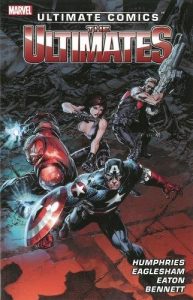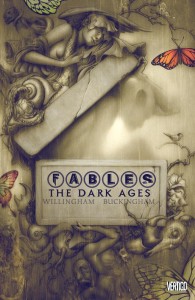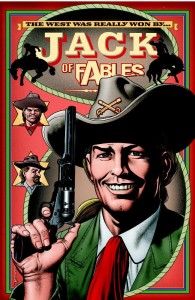 Sometimes, I think I’m the easiest audience in the world. (The easiest mark? Okay, probably not that, at least.) Which is not to imply that The Republic of Thieves was less than good. It’s just that if I’m not stumbling over myself to spout reason after reason why it was great, it may be that my desire to claim it is great, by simple fiat, may not be entirely fair of me.
Sometimes, I think I’m the easiest audience in the world. (The easiest mark? Okay, probably not that, at least.) Which is not to imply that The Republic of Thieves was less than good. It’s just that if I’m not stumbling over myself to spout reason after reason why it was great, it may be that my desire to claim it is great, by simple fiat, may not be entirely fair of me.
I mean, yes, I love the characters, and that could be the root of it. “I care about these characters beyond all reason”, while also an exaggeration, still fits the bill for an express train to Loss of Objectivity Township[1]. And yes, the book gave me everything I could have wanted out of this particular sequel: the long-referenced Sabetha not only finally given life, but given life and strength of character[2] well above and beyond the pale, purposed only for a string of villains to gain leverage over Locke Lamora, farcical reflection of an actual person that she could have become in the hands of, say, a comic book author; more information abut the Bondsmagi of Karthain, which I certainly craved; a new kind of con game for the Gentlemen Bastards to run; and especially the lack of a cliffhanger ending.
And on top of that, there were lots of little things I didn’t precisely know I’d wanted, but got anyway. Like enough information about the Eldren, however minimal, for me to believe they’ll be relevant before the series ends. (Which is cool, because ancient traces of civilization are inherently cool, and moreso if they eventually matter as more than set dressing.) And like the sense of a circle closing with these three books forming a trilogy within the larger sequence. And like the clinched certainty after said three books that if there’s one thing I can rely on in Lynch’s writing, it’s that whatever the characters and the reader think the game is, it’s always going to be something else[3]. And like that bitch of an after-the-credits scene. Because seriously, twelve pages of me shaking my head in less-than-mute denial over what I know in my bones is about to happen? Somewhere along the way, someone told a pretty good story if I care that much about, y’know, these characters.
It occurs to me that the structure of this review indicates a paragraph where I allowed for the book’s shortcomings, as a contrast to what had come before and fulfillment of my original desire to not falsely claim greatness. But over the course of putting this together, I’ve found that whatever flaws certainly did exist? I don’t care enough about them to dredge any up. So, there you go, I guess.
Also, there’s a fairly significant spoiler behind the cut.
[1] It’s a real place. In Montana. Look it up.
[2] In both the literary and… well, moral doesn’t seem to be the right term here, does it? So what I really meant for the second half was strength of personality, and now it’s not a clever, dual-purpose metaphor any longer. Luckily, nobody reads footnotes.
[3] If any of the characters actually learns that, in a meaningful way and where they can use the knowledge? It could be that they’ll finally win that big score they keep working toward. (Whether said score is physical or emotional in nature is left as an exercise for the author.)
Continue reading →
 The only real problem with Knights of Badassdom is its lack of depth. What you see is exactly what you will get[1]. And even that’s not precisely a weakness, because at least it’s really, really easy to decide if it’s the kind of thing that you want to get.
The only real problem with Knights of Badassdom is its lack of depth. What you see is exactly what you will get[1]. And even that’s not precisely a weakness, because at least it’s really, really easy to decide if it’s the kind of thing that you want to get.




 So there was
So there was 

